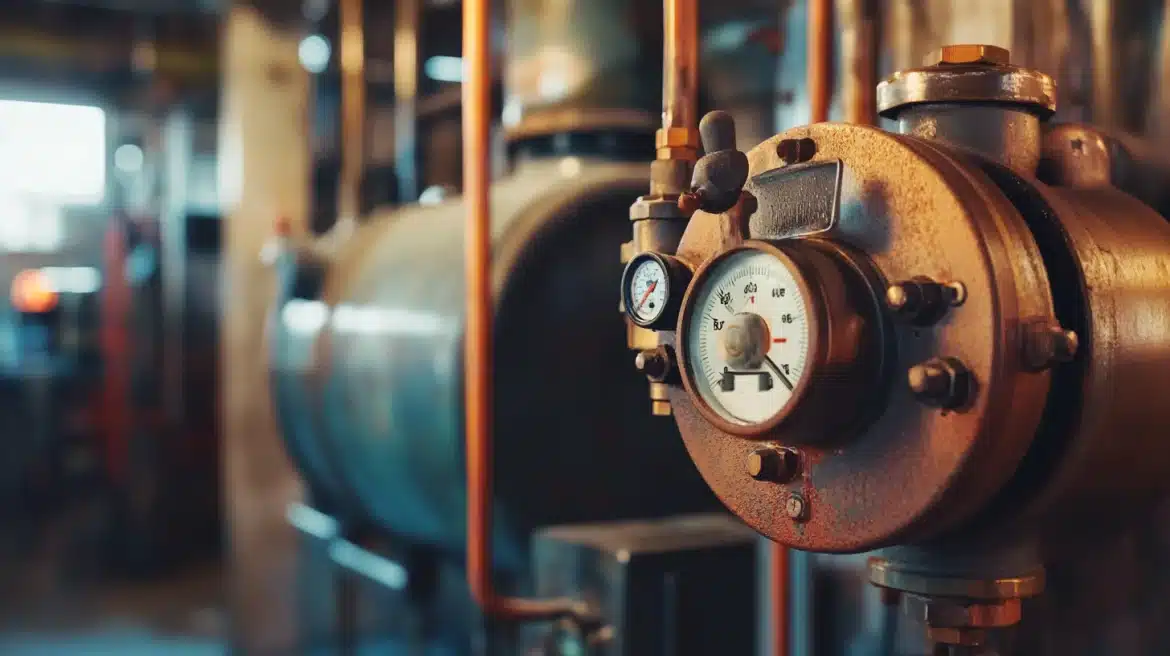Setting up a boiler is a financial commitment for companies, and keeping it well-maintained is essential to guarantee top-notch performance and durability. In this article, we’ll delve into the methods for installing and maintaining commercial boilers. By adhering to these recommendations, companies can enhance their boiler’s effectiveness while cutting down on energy usage and avoiding malfunctions.
I. Selecting the Right Boiler for Your Business:
Selecting the appropriate boiler is key to securing lasting success for your business needs. When making your decision, consider factors like property size and hot water demands. Evaluate all choices meticulously, focusing on energy efficiency, reliability, and upkeep. If you opt for a top-notch boiler from a provider, you can prevent issues down the road.
II. Professional Installation:
When setting up a boiler system, it’s crucial to get the installation right for performance and safety reasons. Hence, it’s best to have seasoned professionals who know their way around industrial heating systems take care of it for you rather than cutting corners with DIY or hiring unqualified folks. Not meeting regulations could end up costing you a lot in repairs and safety risks. You can consult several providers of commercial boilers in Dallas, TX, and many other places that provide these services at an affordable price.
III. Regular Inspections and Maintenance:
Regular inspection and maintenance of your commercial boiler are crucial to its operation and longevity. Be sure to schedule checkups with a technician to detect and resolve any possible problems early. Maintenance duties might involve cleaning or replacing filters, examining valves and pumps, and testing safety controls.
IV. Importance of Water Treatment:
Maintaining water quality is essential for ensuring the efficiency and durability of a boiler system. Issues like scale buildup and corrosion can arise from water treatment practices, leading to reduced efficiency levels. Establishing a water treatment plan is important to address these concerns effectively and prevent damage to the boiler system.
V. Energy Efficiency Measures:
Commercial boilers consume an amount of energy. Enhancing their efficiency can lead to significant savings in costs. Enhancing the efficiency of boilers through energy-saving techniques can enhance their performance. Key measures such as sequencing the boilers and adjusting temperatures based on weather conditions can help maintain optimal efficiency.
VI. Training and Staff Education:
Maintaining the boiler in working condition and ensuring it receives upkeep is crucial and requires skilled personnel for effective operation and maintenance practices to be followed diligently by all staff involved. Delays in time and the investment of resources in training employees engaged in boiler operation or maintenance are highly advised. Training should cover aspects such as boiler safety measures to adhere to energy-conserving practices, upkeep duties, and methods for addressing troubleshooting issues.
VII. Monitoring and Data Analysis:
By using the data at hand and setting up monitoring systems, we can spot performance issues and make informed decisions. Keeping an eye on factors like fuel usage, heat production, and emissions can give us information about how the boiler is running. Examining this data can help us pinpoint any inefficiencies and take action to address them in our operations.
VIII. Emergency Preparedness:
With upkeep efforts in place, unforeseen malfunctions may still arise. It is vital to establish a contingency strategy to reduce downtime and monetary setbacks during occurrences. Make sure all team members are well-versed in emergency procedures and have access to contact details for round-the-clock boiler repair services.
Final Thoughts
Ensuring that commercial boilers are properly installed and regularly maintained is crucial for optimizing their performance and durability over time. By adhering to the recommended methods detailed in this article, businesses can guarantee a supply of heating and hot water while also cutting down on energy usage and fixing expensive issues. Dedicating attention and resources to the setup and upkeep of boilers will bring results in the future by creating a pleasant and effective workspace for both employees and clients.

